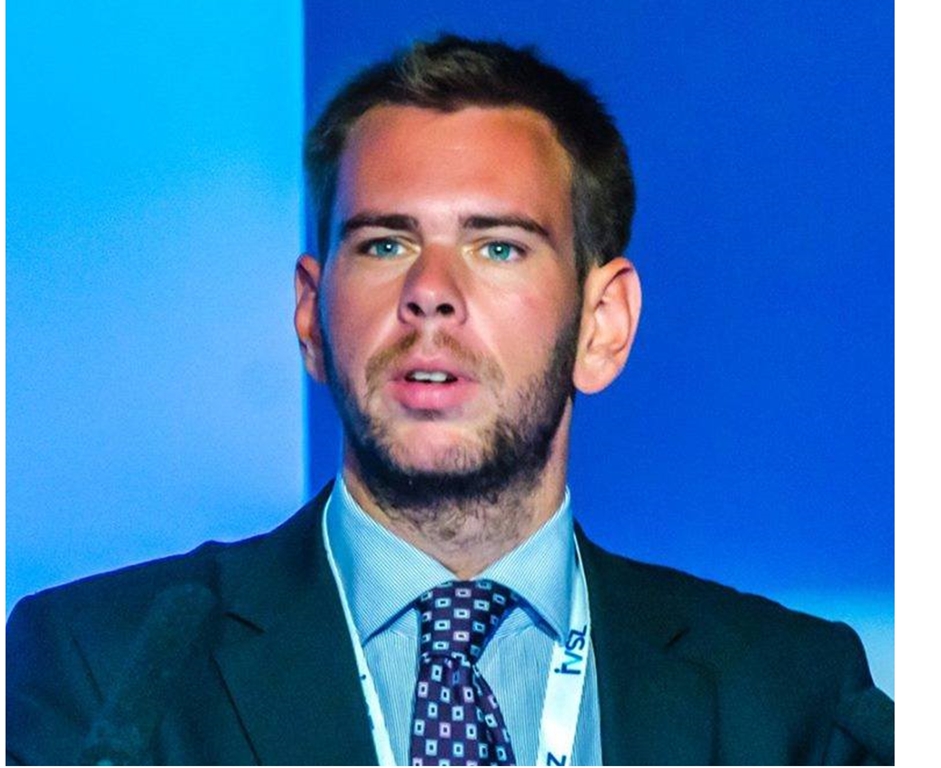Registration
Please register for this event using the following Link.
Abstract
The changing economic and political climate in post-socialist countries of Central and Eastern Europe induced numerous challenges in the transport sector over recent decades: motorisation rate skyrocketed, suburbanization resulted in a new demand for commuting, and growing congestion clearly stated a need for a higher quality public transport system. In the same time, many people with more sensitive social background still heavily rely on cheap or even free public transport services, while operators struggle with massive debt, decades of underinvestment in infrastructure and rolling stock, strong labour unions and outdated organisational and regulatory culture.
In 2010 Budapest, the capital of Hungary, responded to these challenges with a radical step. A new transport authority, the Centre for Budapest Transport (BKK) has been established, in which the primal example to follow was admittedly the integrated governance model of Transport for London. Within four years, annual fare revenues increased by 20% while travel passes became 10% cheaper; a public bike-sharing scheme has been introduced alongside with a GPS-based passenger information system, and BKK completely restructured the regulatory framework of taxi services. In a new bus service model more than 500 low-floor buses have been put into service including 28 hybrid buses. The introduction of electronic ticketing also reached its final phase. BKK introduced new public space and street designs promoting walking, cycling, prioritizing public transport and reducing car traffic in central Budapest. This talk summarises the main steps of the unprecedented journey: the transition of public transport in Budapest.
Speaker

David Vitézy began his career and became an opinion leader in Hungarian transport policy as a board member and spokesperson of VEKE, an NGO promoting sustainable public transport. He led the preparatory works during the establishment of BKK and served as its first CEO between 2010 and 2014, while he was also Member of Board in the Association of European Metropolitan Transport Authorities (EMTA). In the first half of 2015, David served as a Ministerial Commissioner responsible for submitting a report on improving national rail and bus services. Since then he is an urban mobility expert and independent consultant.
Please find a copy of this presentation here.